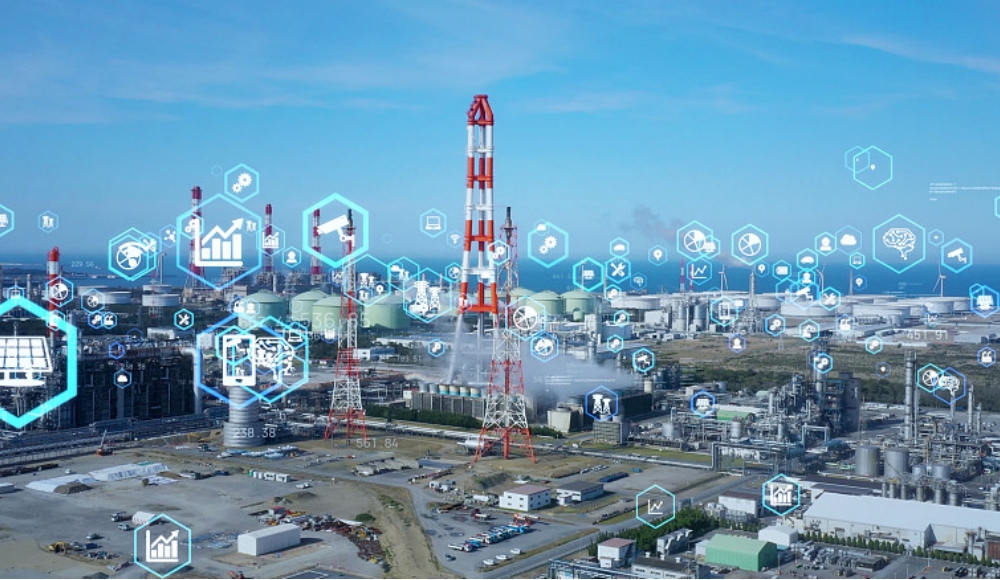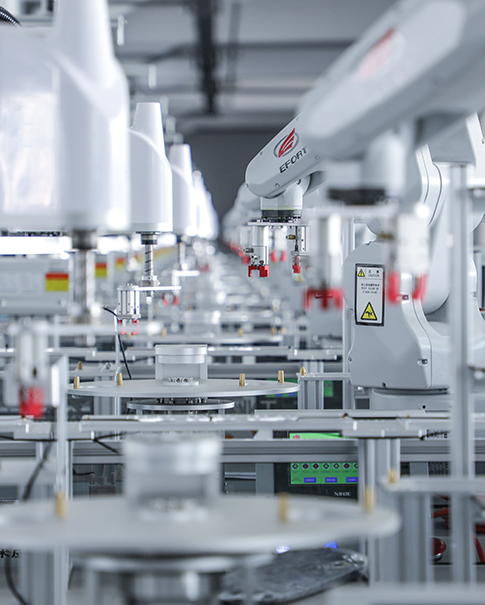The Role of Nuclear Energy in Enhancing Industrial
October 14,2024
Introduction: Exploring Nuclear Energy as a Reliable Power Source
As the world seeks alternatives to traditional energy sources like thermal and hydropower, various clean and renewable options have emerged, including wind, solar, and tidal energy. However, one often overlooked yet highly efficient energy source is nuclear energy. Though historically associated with defense and controversial due to safety concerns, nuclear energy offers enormous potential for civilian applications. Its ability to generate substantial heat and electricity makes it a key player in powering industries and advancing technologies.
How Nuclear Energy Works: The Science Behind Power Generation
At the core of nuclear energy production lies two fundamental processes: nuclear fission and nuclear fusion. These processes release a tremendous amount of energy stored within atomic bonds. Fission occurs when the nucleus of an atom is split into two or more smaller atoms, releasing energy and free neutrons. In commercial nuclear power plants, this heat energy is harnessed to generate steam, which drives turbines to produce electricity. Unlike fossil fuels, nuclear energy production generates no greenhouse gases, making it a cleaner option for mass energy consumption.
Commercial Use of Nuclear Energy: A Global Perspective
Nuclear energy has been utilized for commercial purposes since the mid-20th century. The world’s first commercial nuclear power plant, Calder Hall in England, began operations in 1956, with an initial capacity of 50 MW. This was by the Shippingport Reactor in the United States in 1957. Today, over 430 nuclear power reactors operate across more than 30 countries, collectively generating approximately 13.5% of the world's electricity.
Nuclear energy is also essential for research and transportation. More than 240 research reactors are currently in operation worldwide, along with 180 nuclear reactors that power naval ships and submarines. As a base-load energy source, nuclear energy provides uninterrupted, reliable power that supports the continuous operation of critical infrastructure.
Economic Benefits of Nuclear Energy: Stability and Cost Efficiency
One of the key advantages of nuclear energy is its ability to produce electricity at a lower cost compared to fossil fuels and renewable sources. In recent years, nuclear production costs have fallen by more than 30%, reaching an average of just 2.0 cents per kilowatt-hour. This includes operational, maintenance, fuel, and waste management expenses. Notably, nuclear energy is less susceptible to fuel price fluctuations, as fuel costs account for only 28% of total production costs—far lower than the 80-90% typically seen in fossil-fuel-based power plants.
Additionally, the price stability of nuclear energy helps reduce electricity costs for consumers, offering an affordable and sustainable solution for meeting global energy demands. Importantly, nuclear power generation does not contribute to greenhouse gas emissions, making it a crucial tool in the fight against climate change.
Challenges and Concerns: Addressing Safety and Environmental Risks
While nuclear energy offers significant benefits, certain challenges remain, particularly regarding safety and environmental risks. Nuclear accidents, such as reactor core meltdowns or radioactive leaks, pose severe consequences for surrounding communities and ecosystems. These risks, though relatively rare, have long fueled public debate over the expansion of nuclear energy.
Another issue is the disposal of radioactive waste, which remains hazardous for thousands of years. Safely managing this waste requires strict protocols and long-term storage solutions, raising concerns among environmentalists and policymakers. Additionally, the high cost of building and maintaining nuclear power plants can deter investment, despite the long-term economic benefits.

Nuclear Energy’s Potential for a Sustainable Future
Nuclear energy has the potential to be a key solution to the world’s energy challenges, offering a reliable, low-cost, and environmentally friendly alternative to fossil fuels. By reducing greenhouse gas emissions and ensuring energy price stability, nuclear power can play a vital role in powering industries and advancing. However, the industry must continue to address safety concerns and environmental impacts to gain wider acceptance. With proper safeguards in place, nuclear energy stands ready to help bridge the gap between growing energy demands and the need for cleaner, more sustainable power sources.

 Network Supported
Network Supported